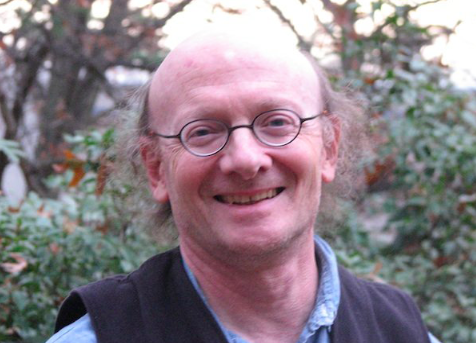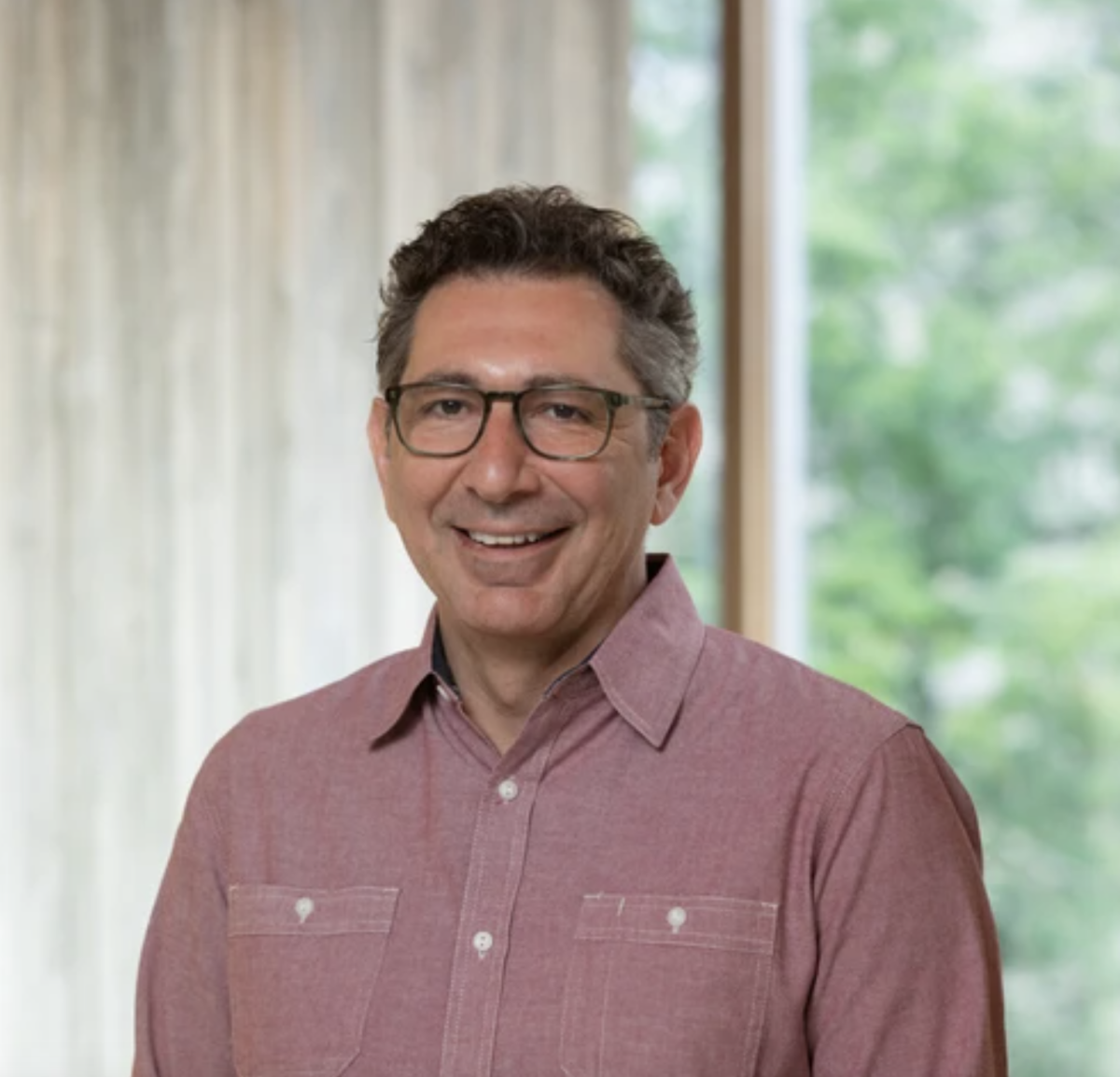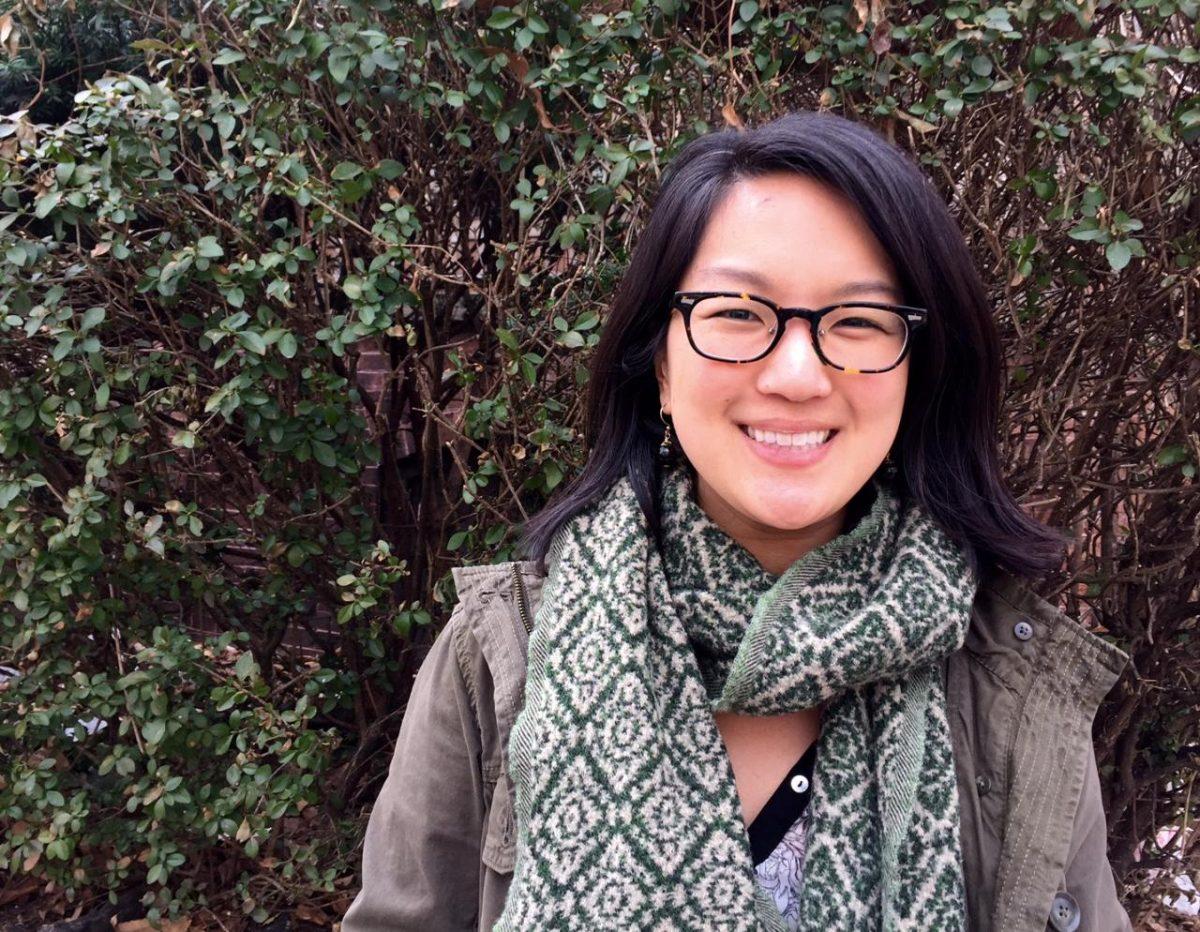A pacifist and literary scholar, Lawrence A. Rosenwald is probably the only phone-tax resister on the faculty at Wellesley. He serves as the director of the Peace and Justice Studies department and is the Anne Pierce Rogers Professor of American Literature and Professor of English at Wellesley College. Professor Rosenwald is currently researching the intersection between non-violent activism and literature and advocating for the importance of the humanities through lectures and interdisciplinary courses
Professor Rosenwald’s interest in non-violent activism studies began during his undergraduate studies at Columbia University.
“I was a student in the late 1960s and I was a very insignificant part of the movement against the Vietnam War. I was a phone-tax resister — a pretty safe bet, small amount,” Rosenwald said. “I was very moved by the people I knew who were taking bigger risks than I was. Any political actions link you up to people you admire, other people also partaking in political actions.” His beginnings as an activist at university throughout the ‘60s and ‘70s influenced his work as an academic researcher.
“There are two parts to what I’m doing as a scholar. The concrete part is that I am making an anthology of American anti-war and peace writing for the Library of America. In the end, I will produce an anthology and my job is to select the texts,” he said, enthusiastically sharing a volume of an earlier work he had edited for the Library of America, a nonprofit publisher of classical American literature.
“The larger and sloppier part is figuring out the relationship between literature on the one hand and pacifism and nonviolence on the other,” he added.
Even though he is working on large research projects, Professor Rosenwald remains extraordinarily dedicated to his role as a professor.
“What I’m doing quite a lot of the time is preparing classes, teaching classes, reading papers, commenting on student work, meeting with students, and I love that! Teaching people is radically exciting because you don’t know what everyone will say. That’s how breakthroughs happen,” he explained.
These breakthroughs, which aid Professor Rosenwald in his own research, have often occurred during his seminar for juniors and seniors titled War, Resistance and American Literature. Professor Rosenwald explained that oftentimes, a student would pose a question and he would suddenly realize that his non-scholarly past as an activist was better suited to provide an answer.
One of the purposes of the Peace and Justice Studies program is to teach students to find interdisciplinary connections that affect why people go to war and how to avoid violence. As director of the Peace and Justice Studies program, Professor Rosenwald also advocates or the humanities, by presenting a talk about the importance of metaphor at the Albright Institute held annually in January.
While politics and social sciences play a large role in this area of study, Professor Rosenwald explained the role of the humanities in the Peace and Justice Studies program. He began by quoting the nineteenth century German playwright Friedrich Hebbel, who said, “In a good play everyone is right.”
“For right action in the world, you have to learn to sympathize with people you deeply dislike,” he continued. “You have to do that not in order to become like them, but because you want to diminish their influence or suggest alternatives to them or stop them from attracting disciples,” Rosenwald said.
When asked for advice for students at Wellesley wanting to change the world and dealing with the overwhelming nature of that ambition, Professor Rosenwald says that he sympathizes with our generation.
“You can know more than any other generation and trying to deal with that requires a willed selectivity.”
When asked about building the will to be selective, he stopped and thought for a moment.
“It’s hard — if you want to work on something, it has to be one thing. One way people ‘keep on keepin’ on’ is by saying ‘Right now I’m more drawn to this than to that and right now this is more important,’ and that is okay.”
As Professor Rosenwald’s own career trajectory has shown, the choices we make impact where we are going in ways beyond our control. The most important thing is to “keep on keepin’ on.”
Photo courtesy of Professor Lawrence A. Rosenwald









